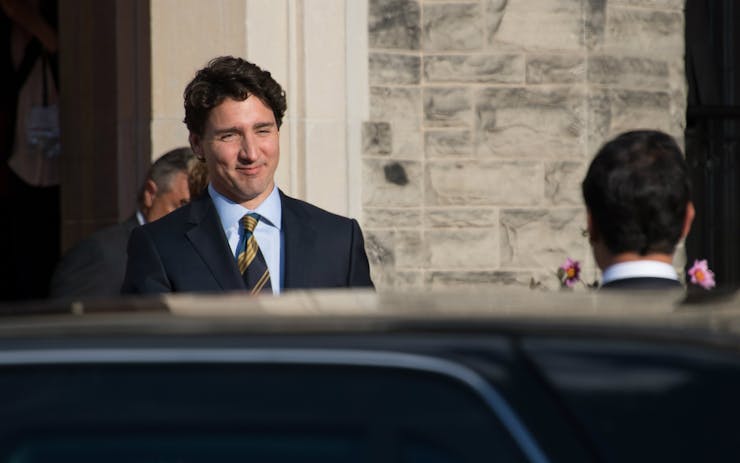As Canada prepares to legalize cannabis for adult use, Ottawa’s public health agency is suggesting an unusual definition of “adult.” In a report that contains 33 recommendations on how to regulate the coming market, the agency recommends that the minimum age for buying legal cannabis should be set at 25.
The Ottawa Board of Health (OBH) is set to consider the recommendations next week, the CBC reports. The minimum age of 25 matches a recommendation already put forth by the Canadian Medical Association.
According to the report, more than two dozen health agencies worked together to come up recommendations they believe will minimize harm once Canada’s legal cannabis program is up and running. Gillian Connelly, manager of Public Health Promotion and Disease Prevention for OBH, said a minimum age was one of the most discussed issues among the agencies.
“We’ll have another kick at the can,” Connelly told the CBC, “and should the federal government come up with a different recommendation in the spring, we’ll reassess.”
Canadian Health Minister Jane Philpott has said Liberals will introduce legislation to legalize adult-use cannabis next spring, and Prime Minister Justin Trudeau promised before taking office that he will see it succeed.
Canadians between the ages of 15 and 24 consume twice as much cannabis as the country’s general population, according to the Toronto Star. Connelly said the agencies agreed that a minimum age restriction, “must be coupled with rigorous enforcement and penalties for violations in order to be effective.”
“We wanted to ensure that we’re reducing access for youth,” Connelly said. “One of the things that the research clearly demonstrates is that early access to cannabis can have detrimental effects for brain development and the brain develops up to age 25.”
Medicinal cannabis is currently legal in Canada with a doctor’s prescription, though many in British Columbia are just a short drive from Washington state, which allows cannabis sales to adults 21 and over.
Critics of the unusually high age limit say it could simply drive younger consumers to the black market, undercutting the consumer protections and other benefits of legalization. “Every market which is not available for the legal, organized suppliers is a market for the other guys,” Bruce Linton, CEO of medical marijuana producer Tweed, told the CBC.





